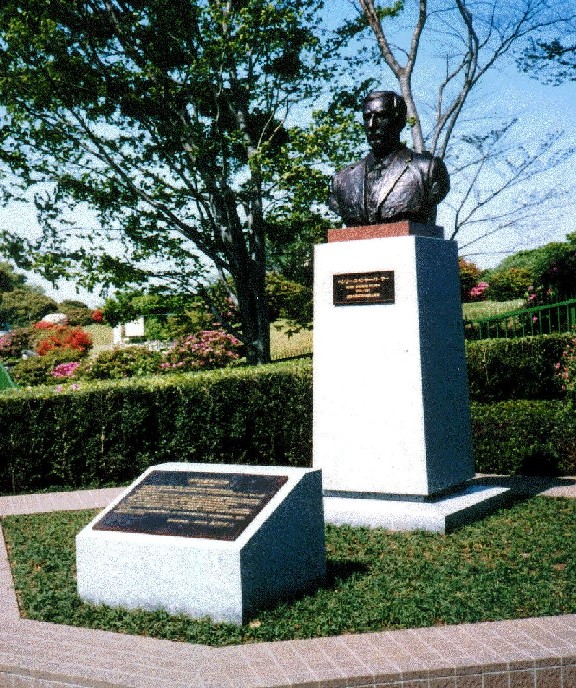
On February 11, 1893, Captain F. Brinkley, the owner and editor of the Japan (Weekly) Mail, wrote with deepest regret in the said paper as follows;
Major-General Palmer had lain ill for over two months with typhoid fever, complicated by acute rheumatism, had just begun to progress satisfactorily towards recovery, when a stroke of apoplexy carried him off, and without once rallying, passed away quietly at 7.30 p.m. on the 10th at his residence, No. 41 Imaicho, Azabu, Tokyo. We cannot command ourselves at this moment to speak in detail of the life and qualities of an old and close friend thus suddenly cut off in the prime of his career.
One week later, on February 18, Captain Brinkley wrote in the said paper an obituary of Henry Spencer Palmer in detail entitled The late Major-General Palmer R.E.; Leading local newspapers viz., Tokyo Nichi Nichi Shimbun, Jiji Shimpo, Yomiuri Shimbun, Mainichi Shimbun, and Nippon also wrote obituaries during the week after his death.
In England, we notice several obituaries of Palmer written in detail by Dictionary of National Biography by Oxford University Press, Royal Astronomical Society, The Times, The Royal Engineers Journal and The Institution of Civil Engineers. However, we notice that those obituaries excepting The Times base their articles on that of The Japan Weekly Mail dated February 18, 1893.
Palmer, well known not only as a military officer, but rather as a scientist, fell ill and died while he was engaged with the construction of Yokohama Harbourworks.
His grave at Aoyama Cemetery in Tokyo, which quotes in the epitaph NON OMNIS MOURIR (A phrase of the poem taken from CARMINA 111.30.6 by HORATIUS NON OMNIS MOURIR MULTAQUE PARS MEI VITABIT LIBITINUM meaning in English I am not dead altogether. My main parts of the body will escape from the God of Funeral, Libitinum, was erected by his friends in Tokyo. It can be well understood that, as his death approached, Palmer regretted not to have completed his work.
On April 30, 1987, the Unveiling Ceremony of his bronze bust was held at Nogeyama Public Garden in Yokohama, near the Old Water Reservoir at Noge. It was to commemorate the Centenary of the First Modern Waterworks completed in Yokohama in 1887, designed and superintended by Palmer himself. We know that his merits were greatly commended even after 100 years.
Hereafter, the writer is going to describe his life, on the bases of the writer's researches for more than 20 years. Although the writer does not know him personally, he could roughly grasp Palmer's character by the writer's investigations and studies. The following sketches on Palmer made by Captain Brinkley after his death in the obituary on February 18, 1893 will be helpful.
Major-General Palmer was a man of exceptionally clear, vigorous intellect, remarkable breadth and liberality of view. His faculty of rapid calculation was of a high order, and he possessed a rare power of assimilating and marshalling facts. Upon every work entrusted to his discretion, he brought to bear unwearing strength of scrutiny and tenacious industry so that his conceptions were admirably exact and his execution correspondently free from error. As a technical expert he rendered signal service to Japan, and in his congenial role as a writer, he laid her under obligations which can never be requited. Natural kind instincts and a clear estimate of England's real interests in this quarter of the East led him to advocate sympathetic and generous treatment of Japan. His series of letters to The Times did more to familiarize Anglo-Saxon readers with the true state of affairs in this Empire than anything that has been written in the past, or is likely to be written hereafter. A style clear and full of verve, a large range of reading and an exceptional command of language all rendered his letters to the great journal not less interesting than cogent.
He was in truth a man of rare gifts. A really wonderful instinct of orderliness enabled him to utilize his faculties to the full. In everyday life he showed a keen appreciation of humour, and his power of anecdote made him a delightful companion whose memory will long be cherished by a wide circle of friends and admirers.

